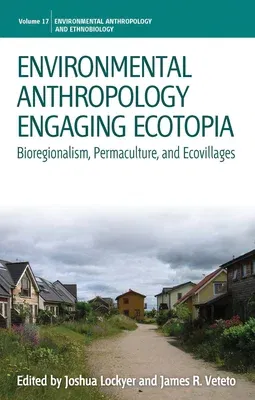Environmental Anthropology Engaging Ecotopia: Bioregionalism, Permaculture, and EcovillagesHardcover, 1 April 2013

Qty
1
Turbo
Ships in 2 - 3 days
In Stock
Free Delivery
Cash on Delivery
15 Days
Free Returns
Secure Checkout

Part of Series
Environmental Anthropology and Ethnobiology
Part of Series
Environmental Anthropology and Ethnobiology, 17
Part of Series
Studies in Environmental Anthropology and Ethnobiology
Print Length
348 pages
Language
English
Publisher
Berghahn Books
Date Published
1 Apr 2013
ISBN-10
0857458795
ISBN-13
9780857458797
Description
Product Details
Book Format:
Hardcover
Country of Origin:
US
Date Published:
1 April 2013
Dimensions:
22.86 x
15.24 x
2.06 cm
ISBN-10:
0857458795
ISBN-13:
9780857458797
Language:
English
Location:
New York, NY
Pages:
348
Publisher:
Series:
Weight:
635.03 gm